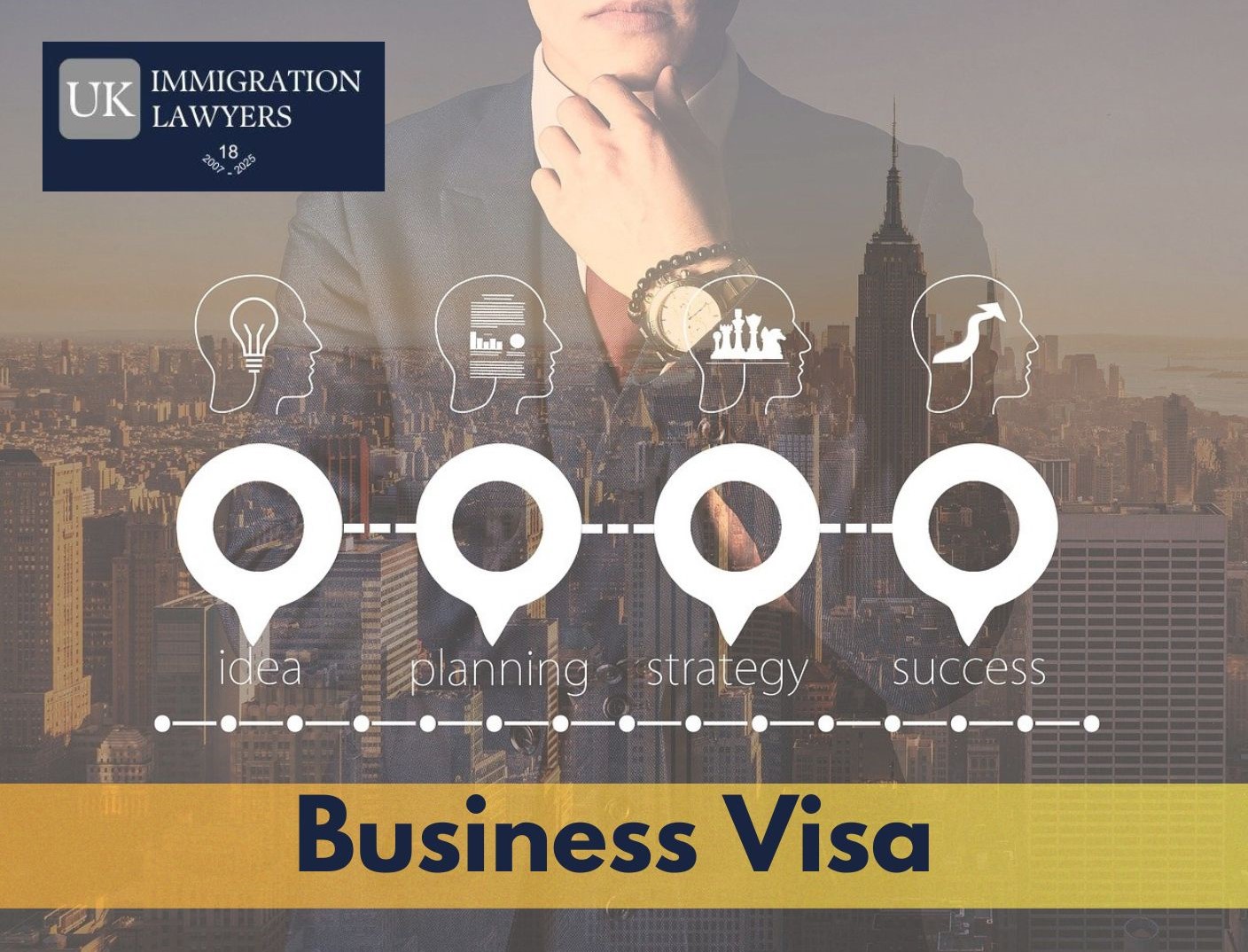
Starting a business in the UK can be a lucrative and rewarding venture, but for entrepreneurs and business owners from outside the UK, navigating the immigration system is an essential first step. The UK offers several visa options for those looking to launch or expand their business, each with its own set of requirements and benefits. In this blog, we’ll explore the various visa routes available to entrepreneurs and startups, along with investment requirements and key details to help you choose the right option for your business.
The Start-up Visa is designed for individuals who want to set up an innovative business in the UK for the first time. It’s a great option for entrepreneurs who are not yet established in business but have a strong idea that could contribute to the UK economy.
Key Requirements:
Key Benefits:
For more experienced entrepreneurs with an established track record, the Innovator Visa is a great option. This visa is designed for those who have a business idea that’s innovative, viable, and scalable, and who are willing to invest in growing their business in the UK.
Key Requirements:
Key Benefits:
While the Global Talent Visa isn’t specifically tailored to entrepreneurs, it can be a good option for highly skilled individuals, including those with exceptional talent in business, science, technology, and other fields, who wish to start a business in the UK.
Key Requirements:
Key Benefits:
The Tier 1 (Investor) Visa is aimed at individuals who are willing to invest a substantial amount of money into the UK economy. It’s an ideal choice for entrepreneurs who already have the financial means to invest and want to start or expand their business in the UK.
Key Requirements:
Key Benefits:
For business owners who have an established business overseas and wish to establish a UK branch or subsidiary, the Representative of an Overseas Business Visa might be the right option.
Key Requirements:
Key Benefits:
Choosing the right visa depends on your specific situation, including the stage of your business, the amount of investment you have, and your long-term goals for your venture in the UK. Whether you’re launching a new startup, expanding an existing business, or looking to invest in the UK market, there’s a visa option to suit your needs.
Final Thoughts
The UK offers a variety of visa options for entrepreneurs and business owners looking to set up or expand their business. From the Start-up Visa to the Tier 1 Investor Visa, each pathway has its own eligibility requirements and investment conditions. By understanding the details of each visa, you can make an informed decision and take the first step toward building a successful business in one of the world’s most dynamic economies.
If you’re considering starting a business in the UK, it’s advisable to consult with an immigration lawyer or expert to guide you through the visa application process and ensure that your business is set up for success.
For further details, please visit the official government website: Start-up Visa
The Start-up Visa is for individuals who are setting up a business in the UK for the first time and do not require a minimum investment. It is valid for up to 2 years. The Innovator Visa, on the other hand, is for more experienced entrepreneurs with a viable business idea and requires a minimum investment of £50,000. It is valid for up to 3 years and can lead to permanent residency.
The Start-up Visa does not have an investment requirement, but applicants must have enough funds to support themselves. The Innovator Visa requires a minimum investment of £50,000, while the Tier 1 (Investor) Visa requires at least £2 million to be invested in the UK’s economy, such as in government bonds or share capital.
Yes, you can switch from a Start-up Visa to an Innovator Visa if your business has made significant progress and you meet the eligibility criteria, including securing a minimum investment of £50,000 and obtaining an endorsement from an approved organization.
We are Regulated at the highest level (level-3) by the OISC and have over 10 years experience
We are clear, honest & professional and that is our transparent strategy for maintaining a very high visa success rate
Our lawyers offer Saturday/Late evening appointments to suit busy entrepreneurs & working professionals
We are one of the best immigration lawyers in London, success stories in our customer reviews speak for themselves
The UK Home Office has reported significant progress in immigration enforcement activities between 5 July and 7 December 2024
Read MoreHome Office extends bereavement scheme to NHS support staff and social care workers
Read MoreThe UK Home Office has reported significant progress in immigration enforcement activities between 5 July and 7 December 2024
Read MoreHome Office extends bereavement scheme to NHS support staff and social care workers
Read More